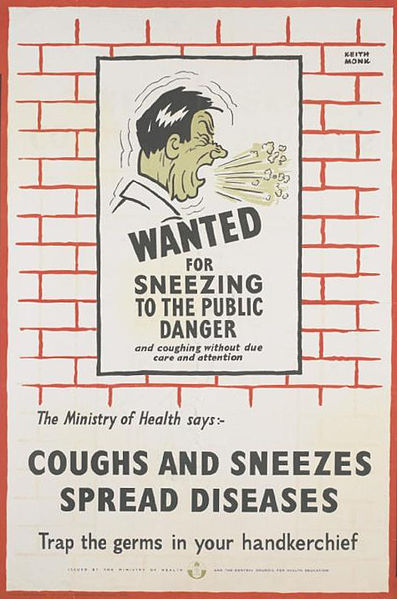By Dr. Josh Palgi | Posted November 19, 2015
It is that time of year again: flu season.
The flu season can stretch from October to May and usually peaks around January/ February. Influenza — commonly known as “the flu” — is a contagious viral infection that affects the respiratory system, nose, throat and lungs. It has a very short incubation period so most patients fall ill within one to four days of exposure to the flu virus.
The word influenza comes from the Italian language meaning “influence” and refers to the cause of the disease. Changes in medical thought led to the modification to “influenza del freddo”, meaning, and “influence of the cold”.
The virus seems to cause epidemics throughout human history. The most famous and lethal outbreak was the 1918 flu pandemic, which lasted from 1918 to 1919 and is estimated to have killed from 2.5 to 5% percent of the worlds’ population.
While the flu can make anyone sick, certain people are at higher risk of serious flu related complications like pneumonia and bronchitis, which can lead to hospitalization or even death. The groups considered to be at high risk include children under six, asthma sufferers, pregnant women and people with chronic diseases, among others.
Approximately 33% of the people with influenza are asymptomatic. Symptoms ofinfluenza may include High fever, Cough, Body aches, chills, Headache and Fatigue.
Traditional treatments include Staying home, Keeping well hydrated and rest. Tylenol or Motrin can keep the fever down and there are antiviral drugs that have been approved for flu patients. It usually takes between five and seven days for the flu to run its course.
The key steps to prevent the flu are to get vaccinated, wash your hands a lot and cover your mouth and nose when you cough or sneeze.
The flu is the topic of many promising research projects and trials. Researchers are working on a universal flu vaccine, one that would cover every strain of the flu and that you wouldn’t have to get every year.
So, should you or shouldn’t you get vaccinated?
The Advisory Committee on Immunization Practices (ACIP) provides advice and guidance to the Director of the CDC regarding use of vaccines and related agents for control of vaccine-preventable diseases in the civilian population of the United States. Recommendations made by the ACIP are reviewed by the CDC Director and, if adopted, are published as official CDC/HHS recommendations in the Morbidity and Mortality Weekly Report (MMWR).
The CDC’s new report estimates that this season’s flu vaccine is only 23% effective across all age groups, but it recommends that everyone older than 6 months of age get a flu vaccine as soon as it’s available. Hover line is all about making decisions. You may want to discuss the most appropriate option with your physician but the final decision will come from you.
For More information, visit: www.cdc.gov/flu


